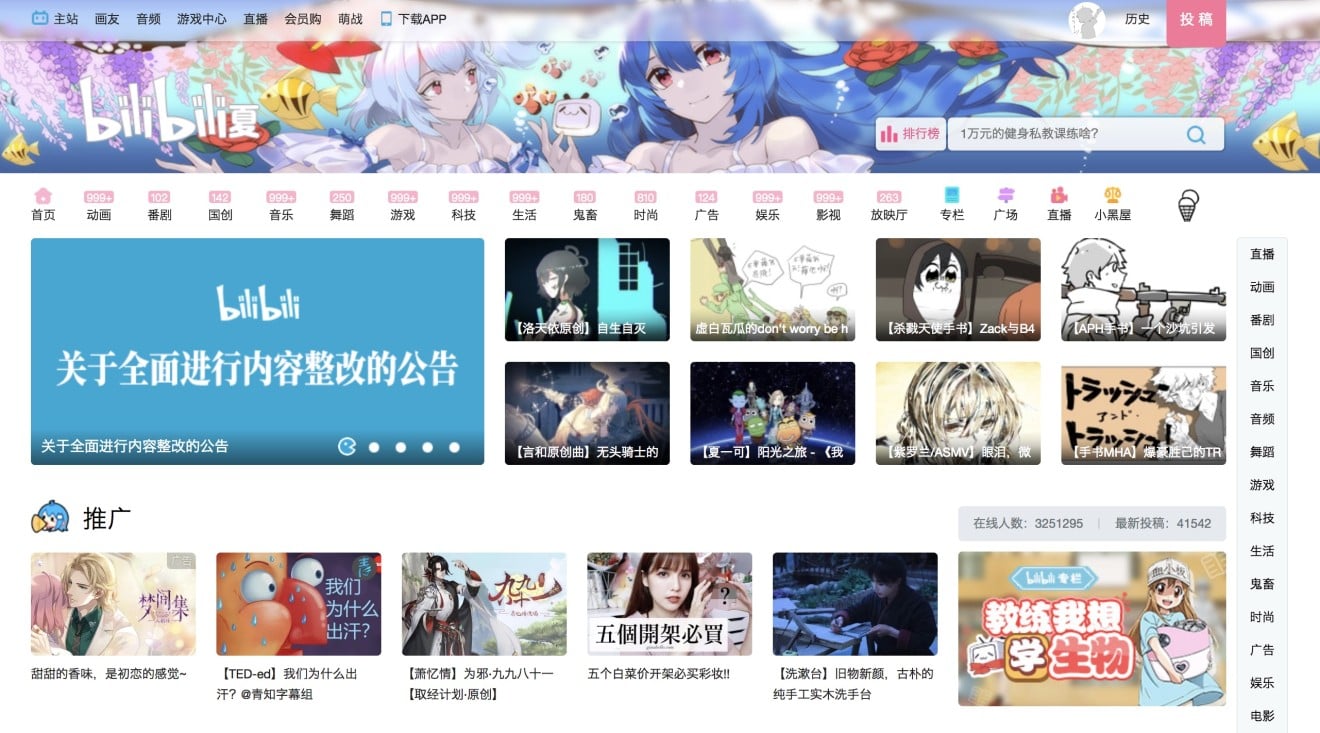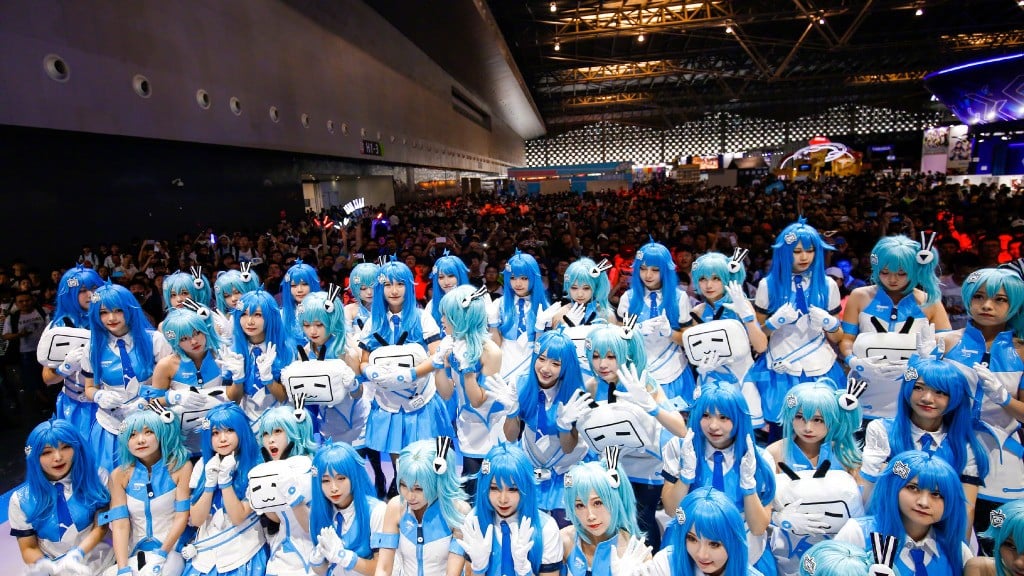
China’s biggest anime site Bilibili removed from app stores amid content “clean up”
Bilibili pledges to form a “discipline committee” of 36,000 users
I suppose you could say that it means Bilibili has finally made it.
The bad news began when state media publicly criticized it for allowing vulgar content on the site. On Thursday its app was taken off various Android app stores.
Finally, on Friday Bilibili said it is “in deep self-review and reflection” after a meeting with the government. It pledged that it would crank up its self-checking capacity and recruit a discipline committee -- totalling 36,000 members.
Long story short: Bilibili has come to suffer the same fate as many other mainstream video sites in China. And that fate is being invited to a talk with the government… where they demand a clean-up.

And those are the lucky ones. Many don’t even make it to “a talk with the government”. In the last three years, China has already shut down more than 13,000 websites.

Bilibili’s formula for success is to focus on serving fans of the ACG (anime, comics, games) world. While fans initially tuned in to consume ACG content, later they became creators of content, making everything from memes and movie reviews to toy unboxing and all sorts of tutorials.
But while there’s plenty of harmless stuff on Bilibili, it must be said that we also found inappropriate and borderline pornographic content too.
China’s anti-porn office cracks down on videos of women whispering into microphones
Bilibili fans quickly reacted following the government clampdown. And this Bilibili user is clearly enraged.
Others point out that there are still other under-the-radar alternatives.
Rage comics banned in China after jokes about a communist martyr
For more insights into China tech, sign up for our tech newsletters, subscribe to our Inside China Tech podcast, and download the comprehensive 2019 China Internet Report. Also roam China Tech City, an award-winning interactive digital map at our sister site Abacus.
For more insights into China tech, sign up for our tech newsletters, subscribe to our Inside China Tech podcast, and download the comprehensive 2019 China Internet Report. Also roam China Tech City, an award-winning interactive digital map at our sister site Abacus.

